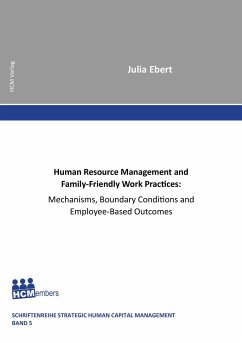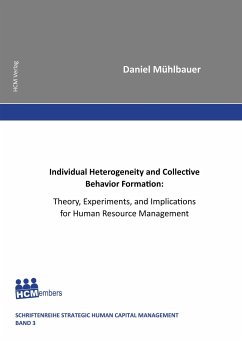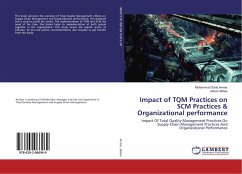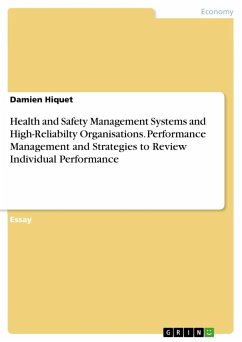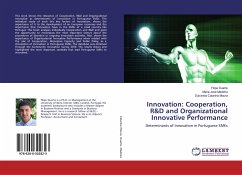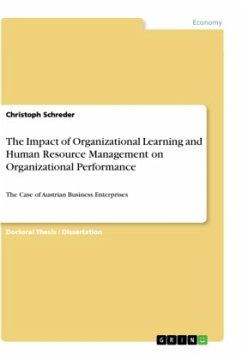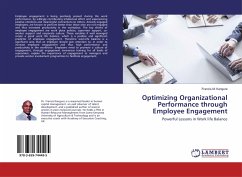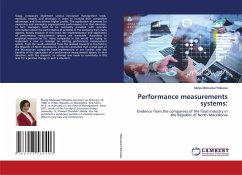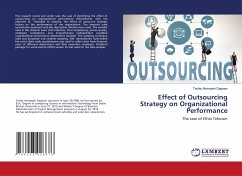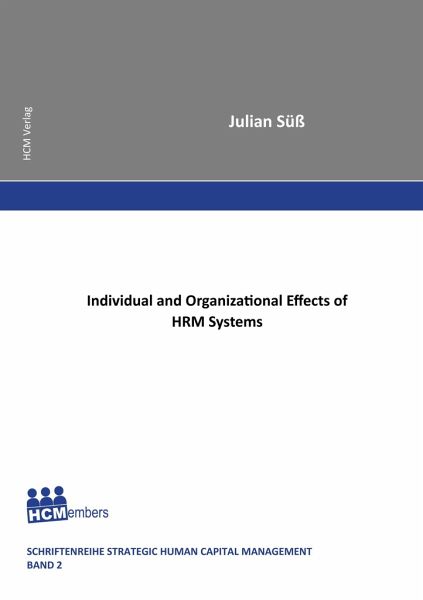
Individual and Organizational Effects of HRM Systems
Versandkostenfrei!
Versandfertig in 1-2 Wochen
29,90 €
inkl. MwSt.

PAYBACK Punkte
0 °P sammeln!
As societies increasingly transform into knowledge societies, the effective management of employees becomes essential for firm success. Along these lines, research in strategic human resource management (HRM) has analyzed how HRM activities impact firm performance through their effects on employee attitudes and behaviors. This dissertation comprises three empirical studies that address as of yet under-researched topics in this research stream; thereby, it contributes to a more complete understanding of the HRM-firm performance link. The first study integrates content- and process-based views o...
As societies increasingly transform into knowledge societies, the effective management of employees becomes essential for firm success. Along these lines, research in strategic human resource management (HRM) has analyzed how HRM activities impact firm performance through their effects on employee attitudes and behaviors. This dissertation comprises three empirical studies that address as of yet under-researched topics in this research stream; thereby, it contributes to a more complete understanding of the HRM-firm performance link. The first study integrates content- and process-based views of HRM and examines how employee consensus on an organization's HRM system emerges and how it impacts the effects of the HRM system on job satisfaction and customer satisfaction. The second study focuses on HRM philosophies and analyzes different employment models in emerging firms, and how they relate to employee turnover and financial performance. The third study considers employee personality as a boundary condition of the relationship between HRM activities and employee attitudes. More specifically, it tests how personality moderates HRM practices effects on job satisfaction, organizational commitment, and organizational citizenship behaviors.



